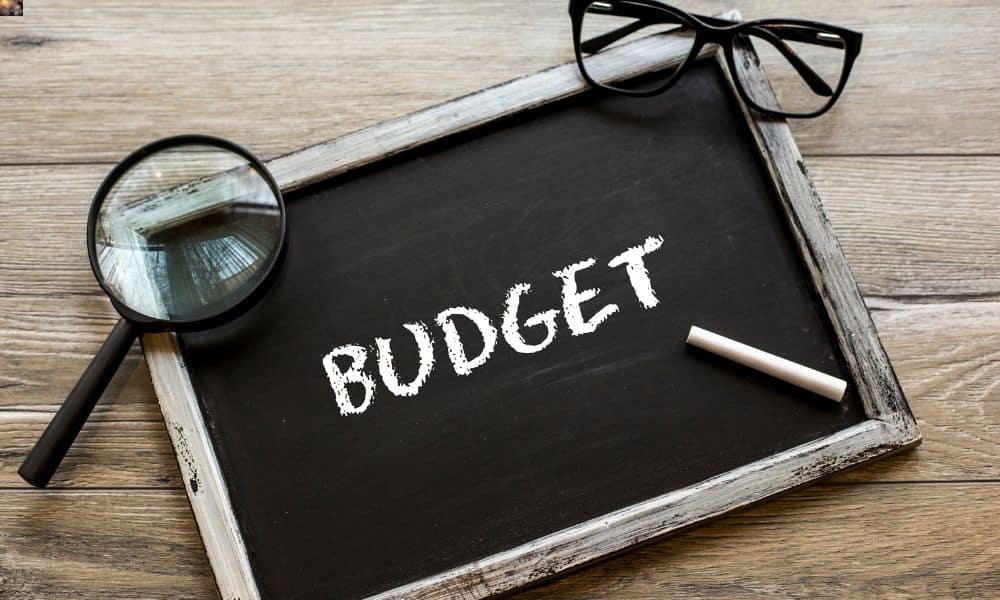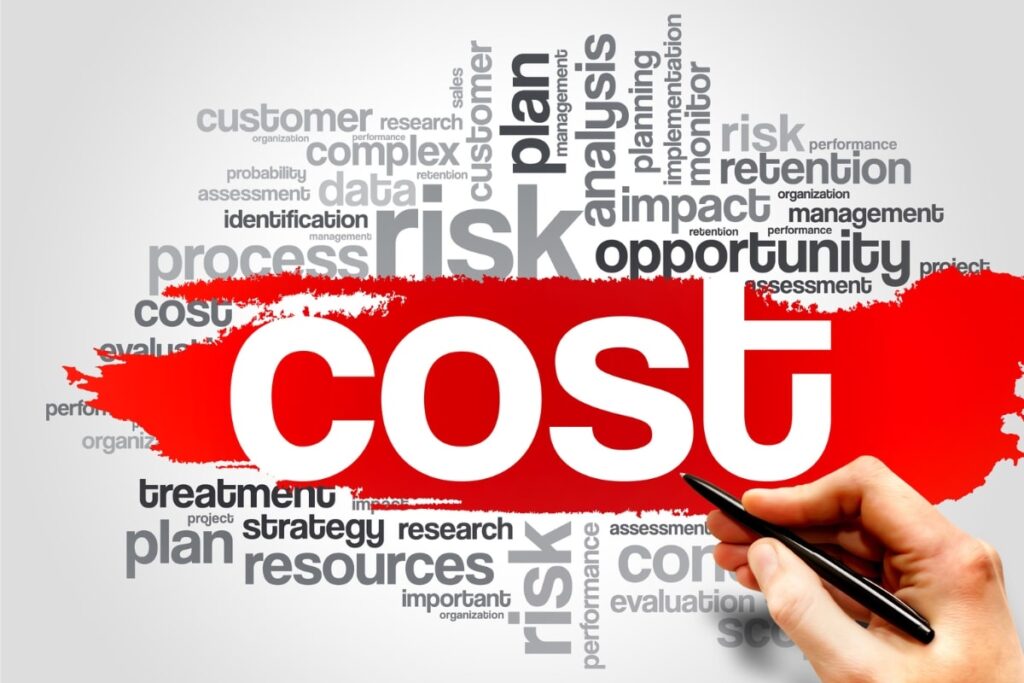Are you curious about gaining financial and emotional health through minimalism? In a world where consumerism often takes center stage, the concept of minimalism has gained momentum. It’s not just about decluttering your physical space; it’s a lifestyle that can have a profound impact on your financial and emotional well-being. In this article, we’ll explore the powerful connection between minimalism and how it can lead to improvements in your financial and emotional health.
The Benefits of Minimalism on Financial Wellness:
1. Reduced Financial Stress
Minimalism encourages you to live with less, which, in turn, reduces your financial burden. By not constantly chasing after material possessions, you can significantly decrease your financial stress. Also, the focus shifts from buying more to appreciating what you already have, leading to more financial peace and stability.
2. Saving and Investing
With fewer expenses related to unnecessary items, you have the opportunity to save and invest your money wisely. Thus, minimalists often find themselves with more funds to allocate to savings accounts, retirement plans, or investments, setting the stage for a secure financial future.
3. Budgeting Made Easier
One of the core principles of minimalism is mindful consumption. This translates into a simplified budgeting process. With fewer things to spend money on, it becomes easier to manage your finances, allocate funds to essentials, and track your spending. Also, a minimalist lifestyle can help you achieve financial discipline.
4. Debt Reduction
Minimalism can be a powerful tool for getting out of debt. By eliminating unnecessary expenses and focusing on paying off debts, you can free yourself from financial burdens that often lead to emotional stress.
The Impact of Minimalism on Emotional Wellness:
1. Reduced Clutter, Reduced Stress
Physical clutter often leads to mental clutter. A minimalist approach helps clear your physical space, which can have a profound impact on your emotional well-being. Also, a clutter-free environment promotes calmness and reduces stress.
2. Enhanced Focus on What Matters
Minimalism encourages you to prioritize what truly matters in life. Also, this can lead to a stronger sense of purpose and satisfaction, reducing feelings of emptiness and unhappiness.
3. Greater Appreciation
By living with less, you learn to appreciate the things you have. Thus, this shift in perspective can lead to increased gratitude and contentment, which are essential for emotional well-being.
4. Improved Relationships
Minimalism often involves letting go of toxic relationships and nurturing positive ones. This can lead to healthier, more fulfilling relationships that contribute to emotional health.
Conclusion
Minimalism is more than just a design trend; it’s a path to financial and emotional wellness. By embracing a minimalist lifestyle, you can reduce financial stress, save, budget wisely, and pay off debt. Simultaneously, minimalism leads to reduced clutter, greater appreciation, improved focus, and enhanced relationships, contributing to emotional well-being. So, consider the power of minimalism as a transformative force in your life, leading to a healthier, happier you.
If you or someone you know is looking to improve your health, share this article on Facebook or Twitter so that others can learn more about self-care.




